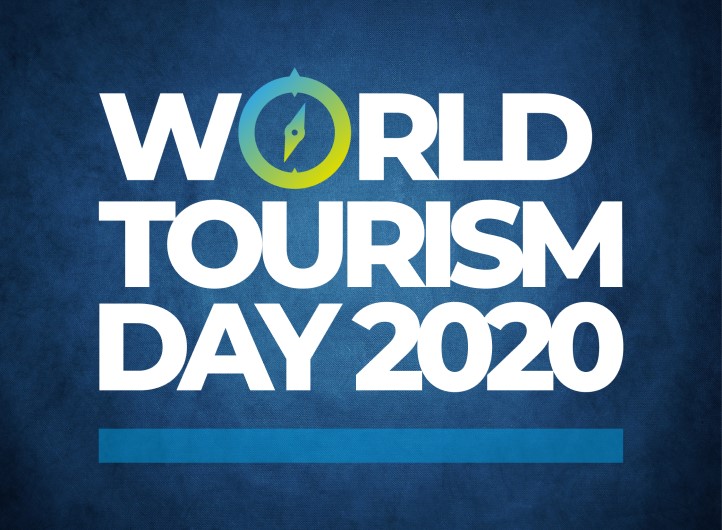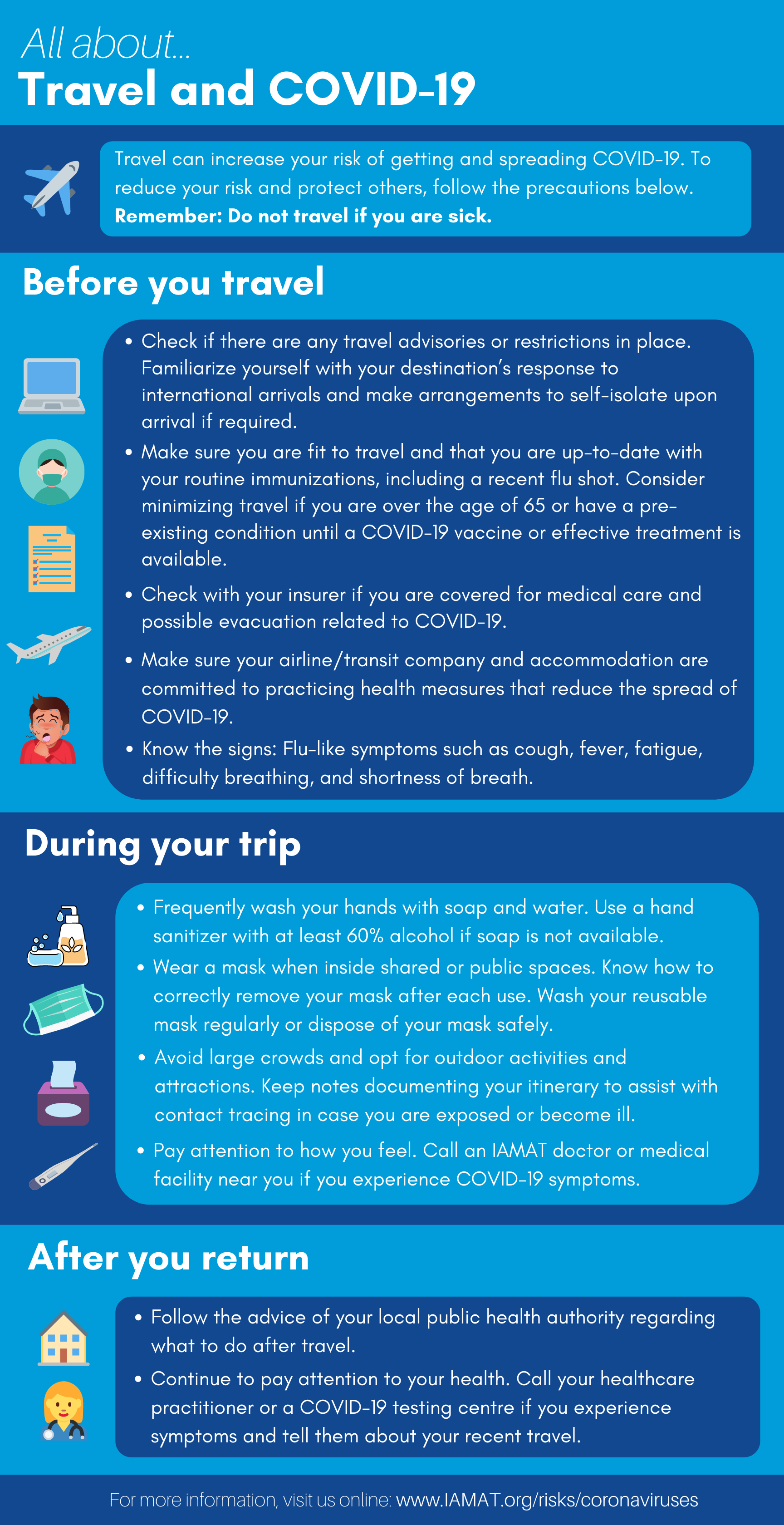This year’s celebration of World Tourism Day feels a little different. Countries around the world are slowly reopening their borders and international travel is on the rise but concern about COVID-19 continues to permeate the travel industry. There is no set timeframe or guide for the industry’s recovery, especially as COVID-19 cases continue to increase in many regions and a vaccine or treatment is yet to be developed. It is clear, however, that recovery needs to ensure the long-term health of people and the planet.
In this blog, in celebration of World Tourism Day, we are looking at how tourism can become more responsible and what we, as travellers, can do to make sure we protect our health and the health of the communities we visit.
The tourism industry and COVID-19
World Tourism Day was established in 1980 by the United Nations World Tourism Organization to raise awareness of the important role tourism plays worldwide. Tourism impacts social, cultural, political and economic values and creates opportunities for socio-economic growth in many regions. Prior to this year, tourism was one of the fastest growing economic sectors, bringing in approximately USD $5 billion daily and accounting for 1 in 10 jobs worldwide.
This year the pandemic brought the world to a standstill and the tourism industry has been one of the hardest hit sectors. If the industry does not recover by December, we could see up to an 80% loss in export revenues and 100 to 120 million direct tourism jobs lost.
There are strong calls to see the tourism sector embrace more sustainable and responsible practices as it recovers. The costs of producing the tourist experience are often concealed from travellers but can create real harm among the communities that shoulder them. Travellers, as well as governments and the tourism industry, have a major role to play in shaping the future of the travel landscape.
Responsible travel
As travellers, we have a responsibility to do no harm to the health of our communities at home and those that we visit. In essence, we should have a positive impact on the environment, society and economy and otherwise aim to ‘leave no trace’. This means minimizing the health and environmental resources we use and investing directly into the well-being and growth of the local economy.
5 steps everyone can take to be a responsible traveller:
- Check that your routine immunizations are up-to-date, including a recent flu shot. Get any required or recommended travel vaccines for your trip.
- Learn about health risks relevant to your destination and how to prevent them.
- Choose consciously and invest directly into the local economy. Choose travel and tourism companies that can demonstrate their commitment to sustainable practices and the health of the local community.
- Learn about the local cultures at your destination to ensure you are being sensitive to their norms and practices.
- Do not travel if you are sick. Visit a healthcare professional and take the necessary precautions to protect others by staying home.
Want to know more? Check out Responsible Travel.
Responsible travel in the age of COVID-19
Our world is more interconnected than ever before and – as COVID-19 has shown – our health and well-being are highly interdependent. Travellers play a major role in the spread of infectious diseases and now more than ever, we need to be proactive about protecting our health and the health of others. Especially at this time, when many healthcare systems continue to be overwhelmed in their response to COVID-19, acting responsibly and proactively to prevent infections ensures local health resources can be reserved.
Check out this graphic for tips on staying well while you travel:
For more on COVID-19 and travel, check out:
- Coronavirus COVID-19
- Coronavirus COVID-19 Q&A
- In the news: The effects of COVID-19 on other infectious diseases (blog)
- How to travel safely and responsibly as COVID-19 restrictions ease up (blog)
- Travel health insurance: Lessons from COVID-19 (blog)
- COVID-19: Essential Reading (blog)
- COVID-19: Travel restrictions, returning travellers, and advice for travellers abroad (blog)
- The disease on every traveller’s mind: COVID-19 (blog)
For more responsible travel resources, check out:
- Centre for Responsible Travel (CREST)
- Global Sustainable Tourism Council (GSTC)
- Global Ecotourism Network
- United Nations World Tourism Organization (UNWTO)
- Sustainable Travel International
Image from UNWTO
Article by Claire Westmacott




